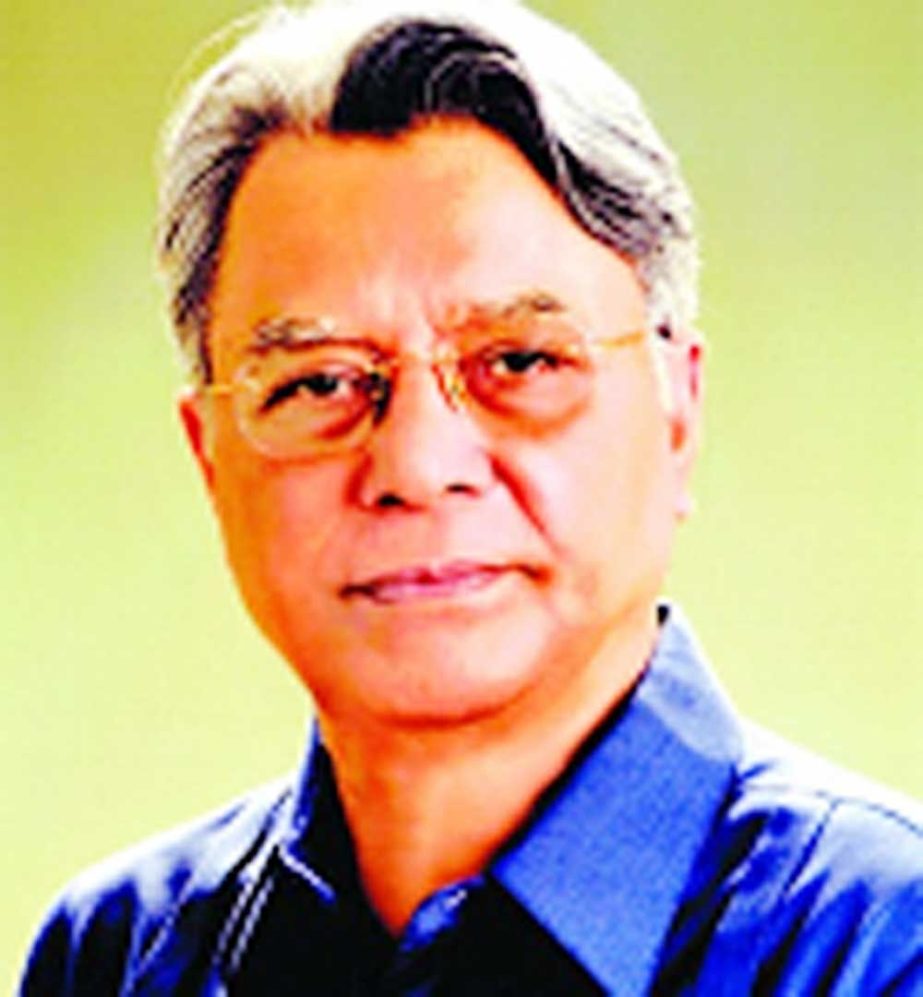
Monaem Sarker :
War and racism have always been inseparable. For centuries, the most devastating and brutal conflicts in the world have been driven by destructive notions of racial superiority and murderous assertions of ethnic differences. We have witness the destructions of two World Wars. Hiroshima and Nagasaki are still suffering.
Russia’s invasion of Ukraine is abhorrent and deeply concerning. It is an unprovoked, unjustifiable outrage and a heinous violation of international law that will have long-lasting and tragic consequences. The Russian aggression, military bombardment and deployment of troops to Ukraine should end immediately.
No good can ever come from war and military escalation. “War is never good for the poor. War is never good for workers. War itself is a crime.” The international community needs to redouble its efforts to find a diplomatic solution that ensures peace and protects the lives of people in Ukraine and in other countries affected by war.
If we contrast this to the dehumanizing language used to describe non-white refugees, asylum-seekers and victims of war – such as former British prime minister David Cameron’s description of refugees as a “swarm” – a very worrying picture emerges about the inherent racism in how crises are reported, discussed and responded to by the media, leaders and the public across the world.
We should now work to revitalize the Non-Aligned Movement (NAM), to ensure that those countries that are not part of the hegemonic contests between the big powers can work together to build peace across the globe.
On 2 March, the United Nations (UN) held a vote on a motion condemning Russia’s invasion of Ukraine. This was supported by 141 of the 193 member states, with just five states- Russia, Belarus, North Korea, Eritrea and Syria- voting against it. To understand why 35 states, which are overwhelmingly former colonies from the Global South, abstained from voting on the motion, it is vital to consider the long tradition of non-alignment based on which these states are acting.
The Bandung Conference of 1955 is rightly considered one of the most important meetings in human history, as it was a hugely inspiring global gathering of formerly colonized people and was a strong assertion of Pan-Africanism and anti-imperialist solidarity. The conference also helped to popularize the NAM, which was an effort to counterbalance the rapid polarization of the world during the period of Cold War, whereby two major powers formed blocs and embarked on a policy to pull the rest of the world into their orbits.
One of these blocs was the pro-Soviet, communist bloc united under the Warsaw Pact, and the other was the pro-US, capitalist group of countries, many of which were members of the North Atlantic Treaty Organization (NATO). Millions of civilians died during the proxy wars between the US and the Soviet Union in the second half of the 20th century, and the ever-present threat of nuclear annihilation hung like the sword of Damocles over the entire planet.
NAM points us toward a safer, more peaceful future. In 1961, drawing on the principles agreed to at the Bandung Conference of 1955, the NAM was formally established in Belgrade, then capital of Yugoslavia. Today, the NAM includes 120 countries, representing nearly two-thirds of the UN’s members, which are home to 55 per cent of the world’s population.
While the NAM developed during the geopolitics of the Cold War, it was founded and has endured on the recognition that no good can ever come from war and that violent conflicts, colonialism and racism have always been closely intertwined. For instance, of the 35 countries that abstained from voting on March 2, 17 were African nations that for centuries suffered the violent extraction of colonialism. The abstention was far from a reflection of support for Russia’s invasion. It was an assertion of pacifism made by countries that for centuries have lived under the abominable racist outcomes of colonial warfare.
Across the world, instances of appalling murder and violence in the hands of the former colonial masters have been erased from our present-day memory of the empire. The time has come for those colonial states to apologise for and seriously take the historical debt they owe to the countries, communities, and individuals who endured their cruelty. A revitalized NAM, guided by the principles of pacifism, justice, and international cooperation, could help rebalance the scales of global politics away from racist wars and toward a peaceful future.
Now we should also work to revitalize the Non-Aligned Movement, to ensure that those countries that are not part of the hegemonic contests between the big powers can work together to build peace across the Globe. NAM should become an effective platform that served interest of developing nations in the era of great-power competition. What is needed is an alternative to the two-camp world of the Cold War.
Long before Bangladesh proposed non-align conference venue and lots of flats were built as NAM Bhaban. Since independence in 1971, Bangladesh has stressed its principle of “Friendship towards all, malice towards none” in dictating diplomacy. Now Bangladesh under the great leadership of Sheikh Hasina can offer venue of NAM in Dhaka. We hope non-align countries will appreciate our proposal.
(The writer is Politician, Writer, Columnist & presently Director General, Bangladesh Foundation for
Development Research).

